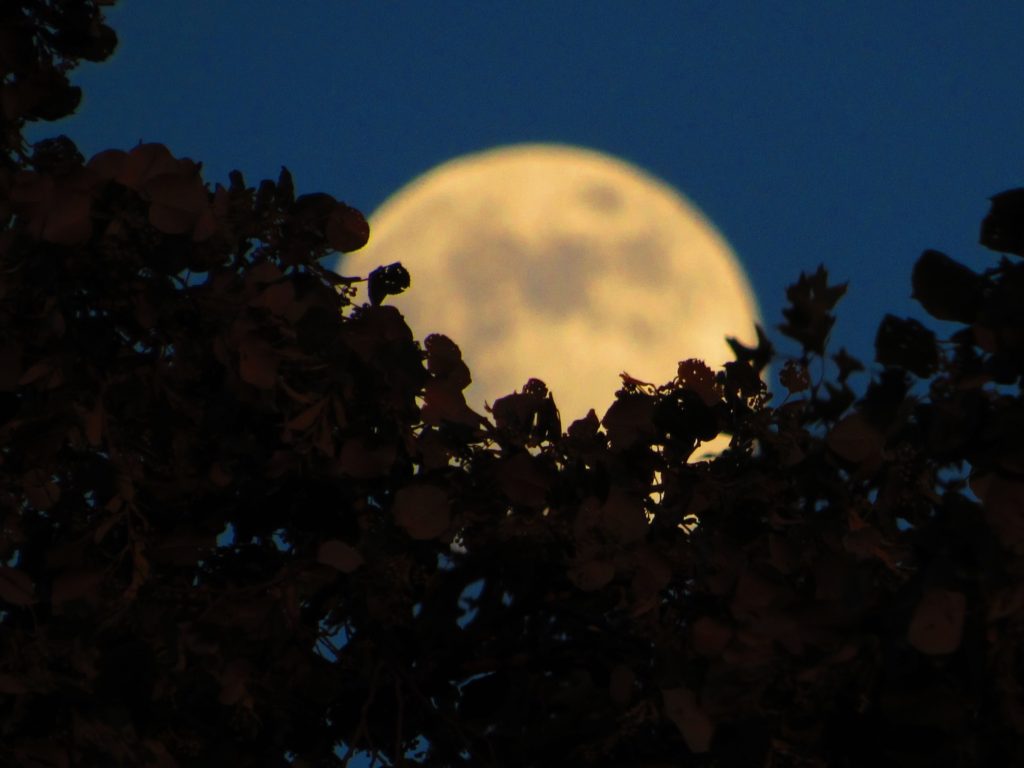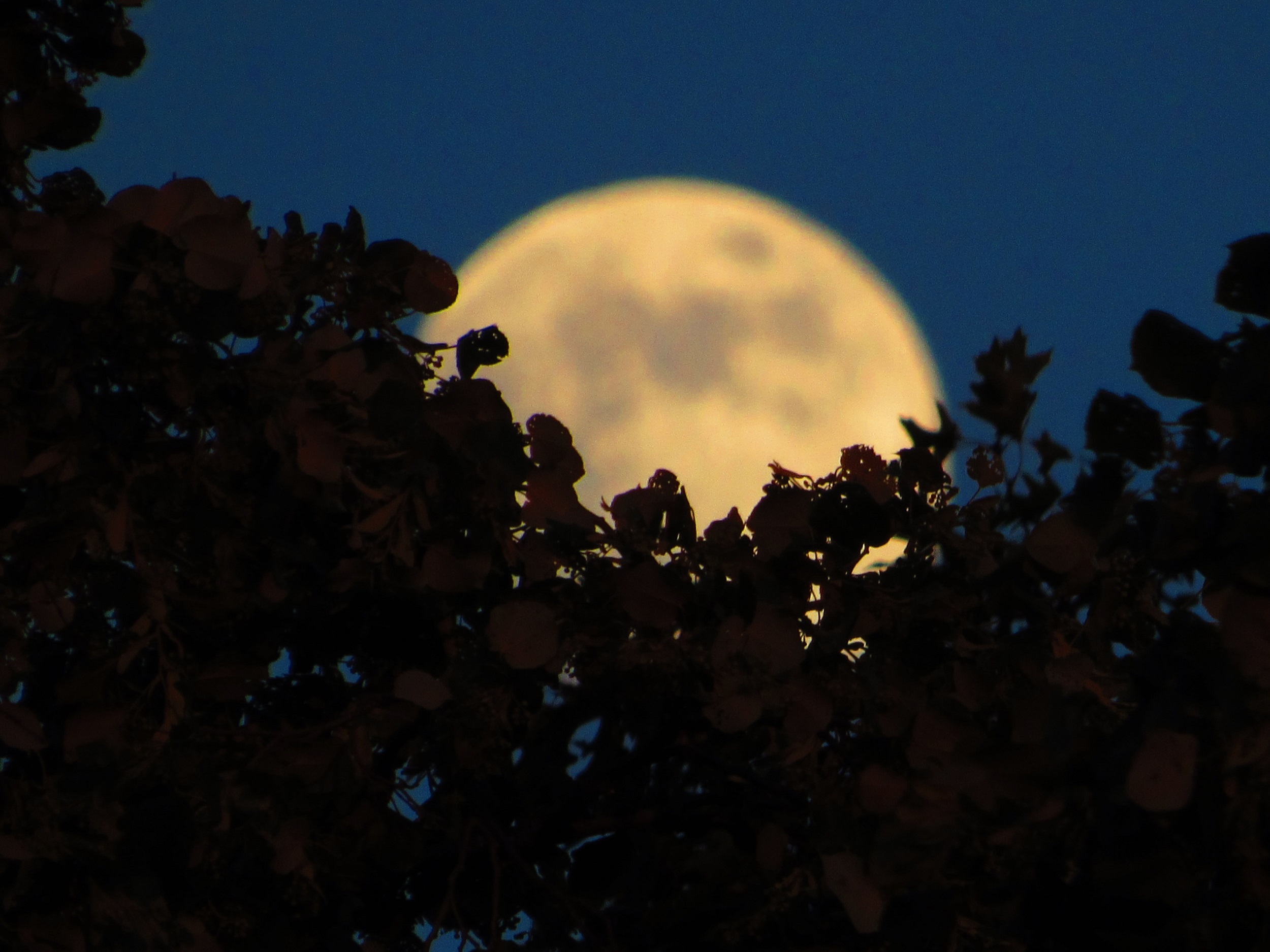
Have you caught up on your sleep from last week’s time change yet? I’m still trying to see by the light of the moon and stars as I walk into work every morning, so I’m still a bit off. (Were it up to me, we would adjust the entire day to an hour later to fit with the light. But that kind of shows how pointless Daylight Savings Time is, doesn’t it?)
A Different Kind of Sleep Disorder

Imagine a world in which you were forced to wake up at 1am at the latest every day in order to be at your job at 2:30 in the morning. To get the number of hours of sleep needed to keep your health, this would require you to go to bed between 4 and 6pm every afternoon! Could you manage? How long would you toss and turn before finally falling asleep? How much sleep would you lose as a result before finally turning to prescription medications to knock you out?
There are some who work jobs with non-traditional hours, of course. But for some people working the usual 9-5, this is reality. Delayed Sleep Phase Disorder/Syndrome (DSPD/S) is a circadian rhythm disorder affecting a small percentage of the general population. This means that people affected by it have sleep cycles set much later than that of the majority. For most, this probably began in the womb.
Early Signs

The signs of DSPD usually begin to show in high school and early adulthood. This makes sense when you consider how early high schoolers start their day. I have memories of always being angry in high school at how irrationally early we had to be there. I would work hard on my homework in the evenings only to get to school and be unable to keep my eyes open until the end of the day. I remember my desperate and futile rants about how much we needed our sleep at that age. (And my bus was the very first to arrive at the school every morning at 6:45. I don’t even get to work that early!) These are all common behaviors for high-schoolers affected by DSPD.
Looking back even further, the first signs for me were probably in elementary and middle school, when I would crawl into bed with a flashlight at night to read until I could eventually fall asleep. But high school is when it usually gets bad.
Common Questions

Not being able to wake up in the morning just means you’re being lazy, you might say. But being resistant to getting up at 1am wouldn’t make you lazy. It would just mean that you needed a full night’s sleep to feel rested. Because of the way our body clocks are set, your 1am is our 6am, or even later.
Okay, you might be saying. But doesn’t this have a really simple solution? Couldn’t you just get into bed and turn out the lights earlier? Unfortunately, it’s not so simple. Would getting to bed and turning out the lights at 4 in the afternoon help you to fall asleep more quickly? Or would you just toss and turn until your body was ready to go to sleep?
Surely there are prescriptions you can take to help you go to sleep at the right time, you might wonder. Well, yes–but people might have any number of valid reasons for not wanting to be dependent on a foreign substance.
The Dangers

What this all adds up to is that people with DSPD are constantly fighting sleep deprivation, which poses so many health risks–including early death! I finally realized I needed to see a specialist when it got to the point that I was having vivid daily hallucinations and falling asleep standing up and with my eyes open.
I went to the doctor for a sleep study thinking that I probably had sleep apnea. I was surprised to learn about DSPD, which I’d never heard of. When my doctor told me about outraged high school students and their impassioned demands for a full night’s sleep, I knew we’d landed on the right conclusion.
Unfortunately for me, I need more sleep than your average bear, sleeping 9 or even 10 hours on nights I don’t set my alarm. So it’s that much harder for me to feel fully rested. My ideal sleep schedule–the hours I would sleep were I not forcing myself to do so at a particular time–would be from about 3am to 11am. A diagnosed night owl, I am more productive in those wee hours of the morning before lying down than at any other time of the day. And because my body doesn’t get the chance to properly rest, I almost always wake up during the wrong stage of sleep.
The Outlook

Because your circadian rhythm is set by genetics, there’s no cure for DSPD. You can try to force yourself into a different pattern with prescriptions. But after just one night of breaking the pattern, your body will reset itself.
Since not seeing enough sunlight before going to the office in the morning can cause you to be extra tired, a common recommendation from doctors is to purchase a lamp that mimics sunlight. Here’s the one my doctor recommended to me.
I found some success with the lamp to begin with, but it was a catch-22. Using it properly required me to get up another 45-60 minutes earlier than I already was. Eventually I gave up.
As you might imagine, Daylight Savings Time does me no favors. (Can’t get up at 1am? Too bad–now your day starts at midnight! You can start going to bed at 3pm! That’s what it boils down to for me.)
I found a tactic that I think works about as well for me as anything could. This may not work for everyone with DSPD. But if I sleep uninterrupted for absolutely as long as I need to on Saturday and Sunday mornings, it allows me to “catch up” on at least a little of my deprivation. Doing this made those vivid hallucinations I was having stop. And it made me stop nodding off–with eyes opened or closed–throughout the day. So I get by. I hope reading this might help someone.
And now I need to get to bed. It is (hours) past my bedtime.

If you didn’t have to work and had no set schedule to work around, what time would you naturally fall asleep every night? What time would you wake up without setting an alarm?

Leave a Reply